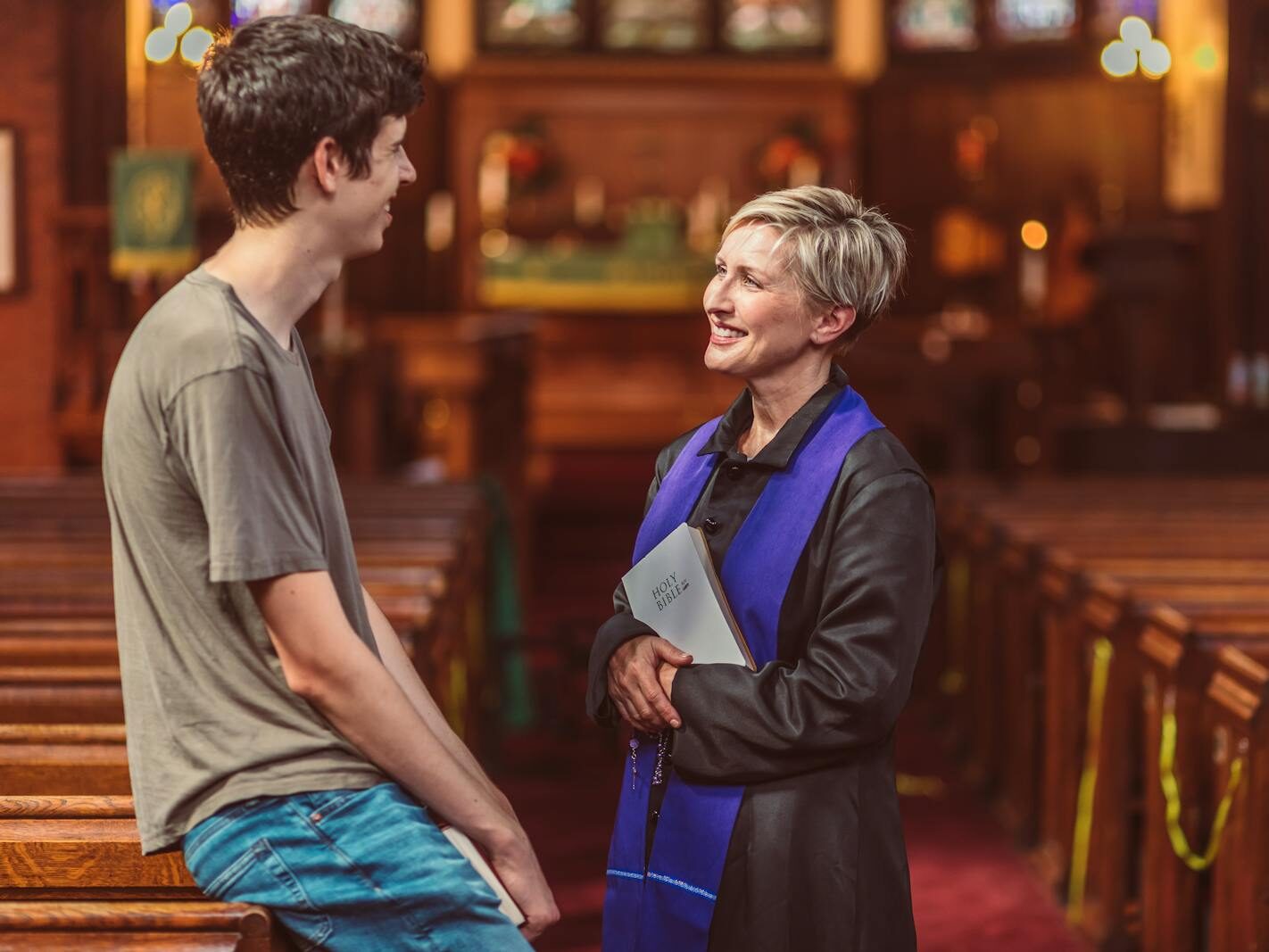
Most people don’t mean to offend when they ask questions about faith. Still, some comments hit harder than they realize. These questions may sound curious on the surface, but to Christians, they often carry assumptions or dismiss the depth of belief. They can make someone feel judged, misunderstood, or reduced to a stereotype. Here are some of the most common questions that come off as offensive, even if unintentional.
Do You Really Believe All That?

This question is often meant as curiosity, but it lands as disbelief. It implies faith is childish or unrealistic. For Christians, their beliefs aren’t casual — they shape daily life. Being asked if it’s all real feels like being told their convictions are a fantasy. What might sound like a lighthearted question actually challenges the core of who they are, making it feel dismissive rather than open.
Aren’t You Afraid of Science?
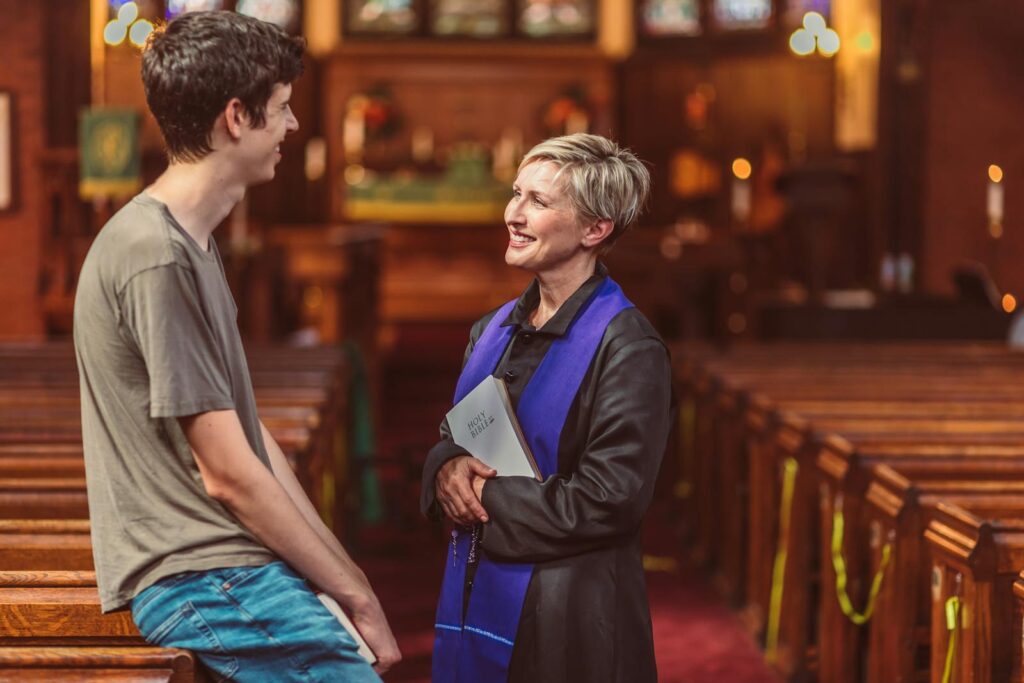
The idea that Christians fear science is a common stereotype. Many actually embrace learning about the natural world, seeing it as part of God’s creation. Suggesting they’re afraid implies ignorance. While faith and science can be debated, painting Christians as closed-minded misses the truth. For someone who values both education and belief, this question feels more insulting than curious, as if intelligence and faith can’t coexist.
So You Think Everyone Else Is Wrong?
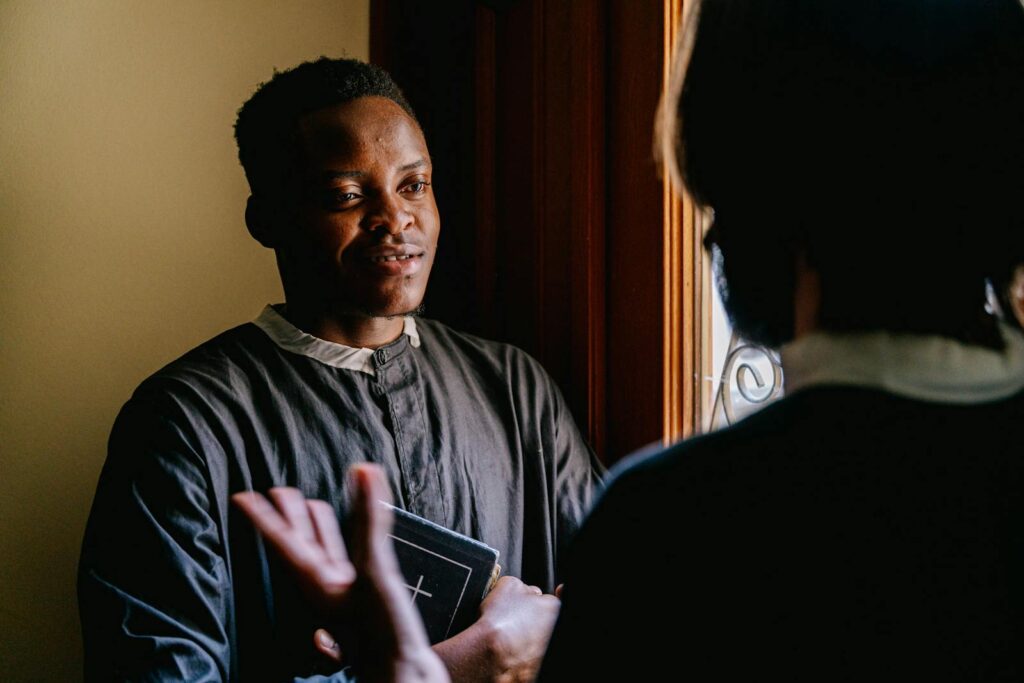
This question reduces faith to arrogance. While Christians believe in their path, most don’t see themselves as the only ones with value or wisdom. Asking this assumes they look down on others, which is rarely the case. It twists a personal conviction into a blanket judgment. The weight of this question puts Christians on the defensive, when most would rather talk with respect about differences.
Do You Actually Follow All the Rules?

For Christians, faith isn’t just about following a rulebook. Asking this makes it sound like religion is nothing but restrictions. It ignores the relationship they see with God and the grace they depend on when they fail. The question is often asked with a smirk as if no one could live up to it. That dismisses the real heart of their faith — not perfection but trust.
Why Do You Hate Certain People?

This one is especially painful. It assumes all Christians hold the harshest views seen in media or politics. Most Christians don’t define their faith by hate. They may disagree with people, but hate is not the center of their belief. To ask this question is to confuse individuals with extremes. It offends because it ties their identity to actions and ideas they don’t stand behind.
Are You Brainwashed?

This question suggests Christians don’t think for themselves, that they’ve been blindly programmed. For someone who has wrestled with doubts, studied scripture, and chosen faith intentionally, it stings. It dismisses thought, reflection, and personal choice. While some may follow tradition without question, many arrive at belief through struggle. To be told it’s brainwashing undermines the effort and depth behind their convictions, making it a deeply offensive question.
Don’t You Ever Doubt?
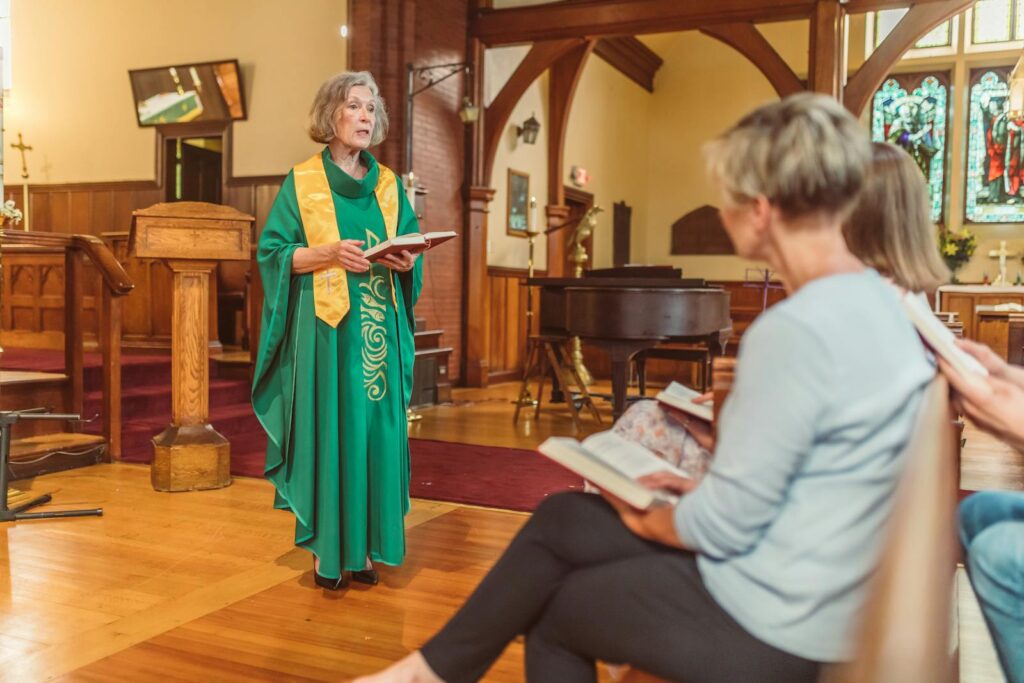
Doubt is part of nearly every Christian’s journey. Asking this as if doubt cancels faith misses the point. Struggles with questions are normal, and many see doubt as something that strengthens belief over time. Framing it as a “gotcha” question feels like dismissing the complexity of faith. It offends because it assumes Christians live in denial instead of recognizing that wrestling with doubt is human.
Why Are You So Judgmental?
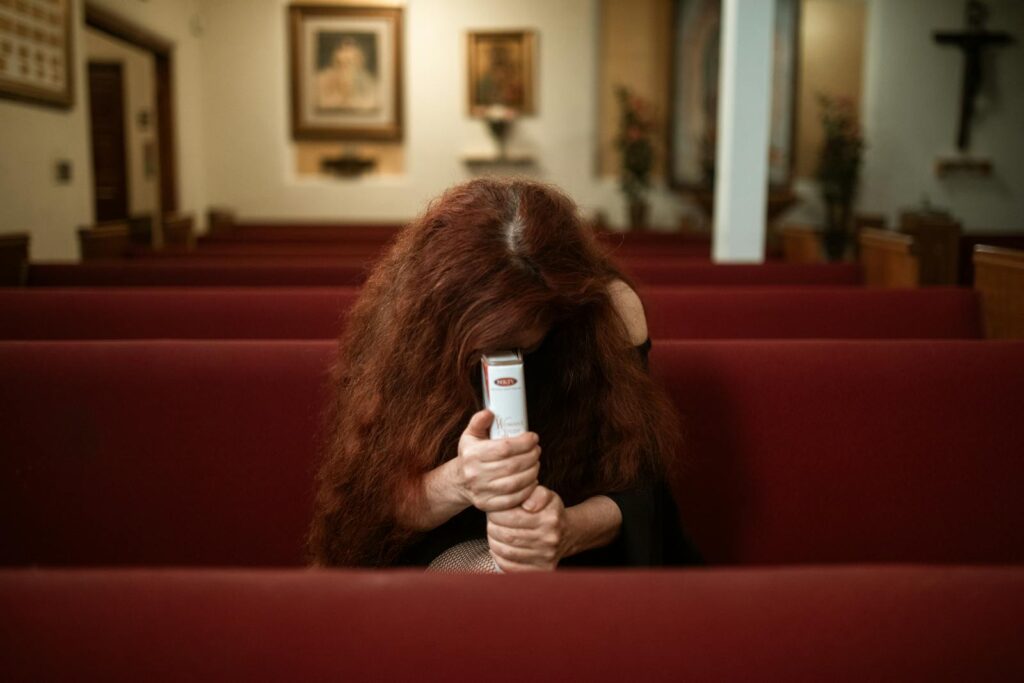
This question lumps all Christians together under one stereotype. While some may judge harshly, many work hard to live with humility and compassion. Asking this ignores the individual and instead paints them with a broad brush. It’s offensive not because Christians deny that judgment happens, but because it assumes their entire identity is built on criticizing others, when most aim to love and serve instead.
Do You Really Believe in Miracles?
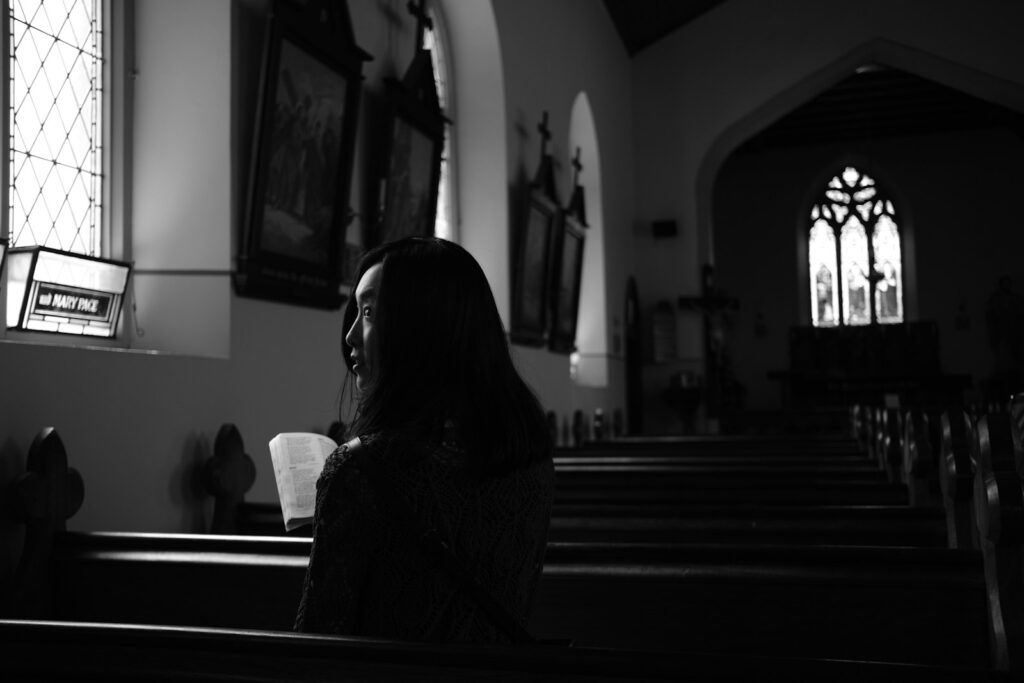
This question is asked with disbelief, as if the idea is very foolish. To Christians, miracles represent hope and the belief that the impossible is possible. Mocking or questioning this feels like mocking the heart of their faith. Even if someone doesn’t share that belief, dismissing it outright creates distance. It offends because it makes faith sound like nothing more than superstition.
Aren’t You Just Using Faith as a Crutch?

This is one of the most common offensive questions. It suggests Christians believe only because they’re weak or can’t handle life on their own. For believers, faith is strength, not weakness. They don’t see dependence on God as a flaw but as part of their humanity. Calling it a crutch undermines years of growth and resilience and makes their belief sound like an excuse rather than a choice.
Don’t You Get Bored in Church?

Asking this implies worship is dull or meaningless. For many Christians, church is community, reflection, and renewal. Suggesting it’s boring trivializes what they hold sacred. Even if church services aren’t exciting by cultural standards, that doesn’t mean they lack meaning. This question offends because it reduces something spiritual to mere entertainment, missing the deeper purpose altogether.
Why Don’t You Keep It to Yourself?

Faith is deeply personal, but it’s also something Christians feel called to share. Asking why they don’t keep quiet implies their beliefs are unwanted or intrusive. For them, talking about faith isn’t about forcing it — it’s about sharing something central to their identity. This question offends because it treats their faith as an inconvenience, rather than respecting that it’s core to who they are.
Do You Really Think Prayer Works?

This question can feel mocking. Christians see prayer as vital, not just for asking things but for connection with God. Questioning it in a dismissive way minimizes a practice that brings comfort, guidance, and peace. It’s offensive not because questions about prayer can’t be asked, but because, it suggests Christians are naive for finding meaning in something sacred to them.
Isn’t Christianity Just About Guilt?

People often ask this as if the only thing Christians feel is shame for being imperfect. Yes, some grew up in churches where guilt was pushed hard, but that’s not the whole picture. For many, faith is more about relief than burden — grace, forgiveness, and a fresh start. Reducing it to guilt alone misses the hope that sits at the center of what they actually believe.
Don’t You Feel Like You’re Missing Out?

This question assumes Christians live half-lives, constantly saying no to things they secretly want. It overlooks the joy and meaning they find in their choices. For many, faith doesn’t feel like a cage but a path that gives their life direction. To ask this is to dismiss that fulfillment, as if fun can only look one way. It stings because it misunderstands the kind of freedom they hold onto.

